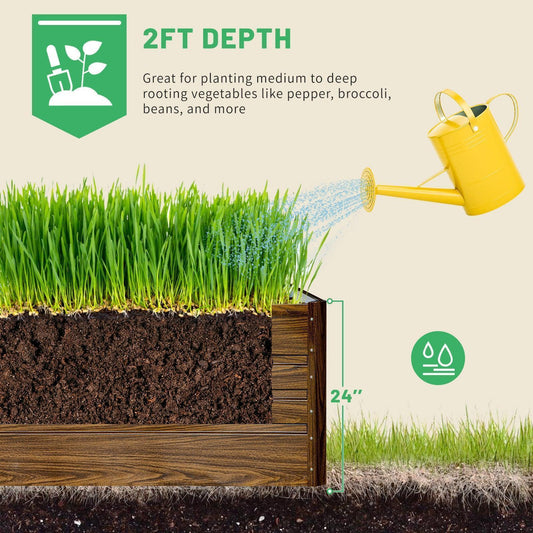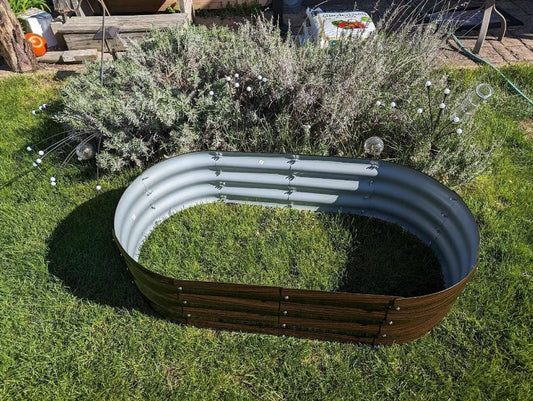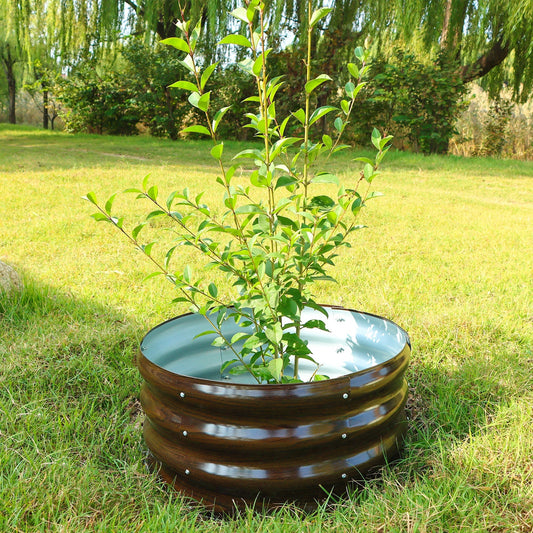Raised Garden Beds in Urban Environments: Applications and Benefits
Raised garden beds offer unique advantages for urban gardeners looking to maximize limited space and resources. In this article, we'll explore the applications and benefits of raised garden beds in urban environments, from rooftop gardens to community plots.
Space Optimization:
- Discuss the importance of space optimization in urban environments and how raised garden beds can make efficient use of limited space by maximizing growing area and minimizing wasted space.
Accessibility:
- Highlight the accessibility benefits of raised garden beds for urban gardeners, including ease of access for individuals with mobility issues and ergonomic design features that reduce strain on the body during gardening tasks.
Soil Quality Improvement:
- Explore how raised garden beds can help improve soil quality in urban environments, where soil may be contaminated or lacking in nutrients, by allowing gardeners to control soil composition and amendments.
Community Building:
- Discuss the role of raised garden beds in fostering community engagement and social connections among urban residents, whether through shared community gardens, rooftop plots, or guerrilla gardening initiatives.
Food Security:
- Highlight the role of raised garden beds in promoting food security and resilience in urban environments by empowering individuals and communities to grow their own fresh, nutritious produce locally.
Conclusion: Raised garden beds have myriad applications and benefits in urban environments, from optimizing space and improving soil quality to fostering community connections and promoting food security. By embracing raised bed gardening, urban residents can transform their outdoor spaces into vibrant, productive oases that enhance both individual well-being and community resilience.





